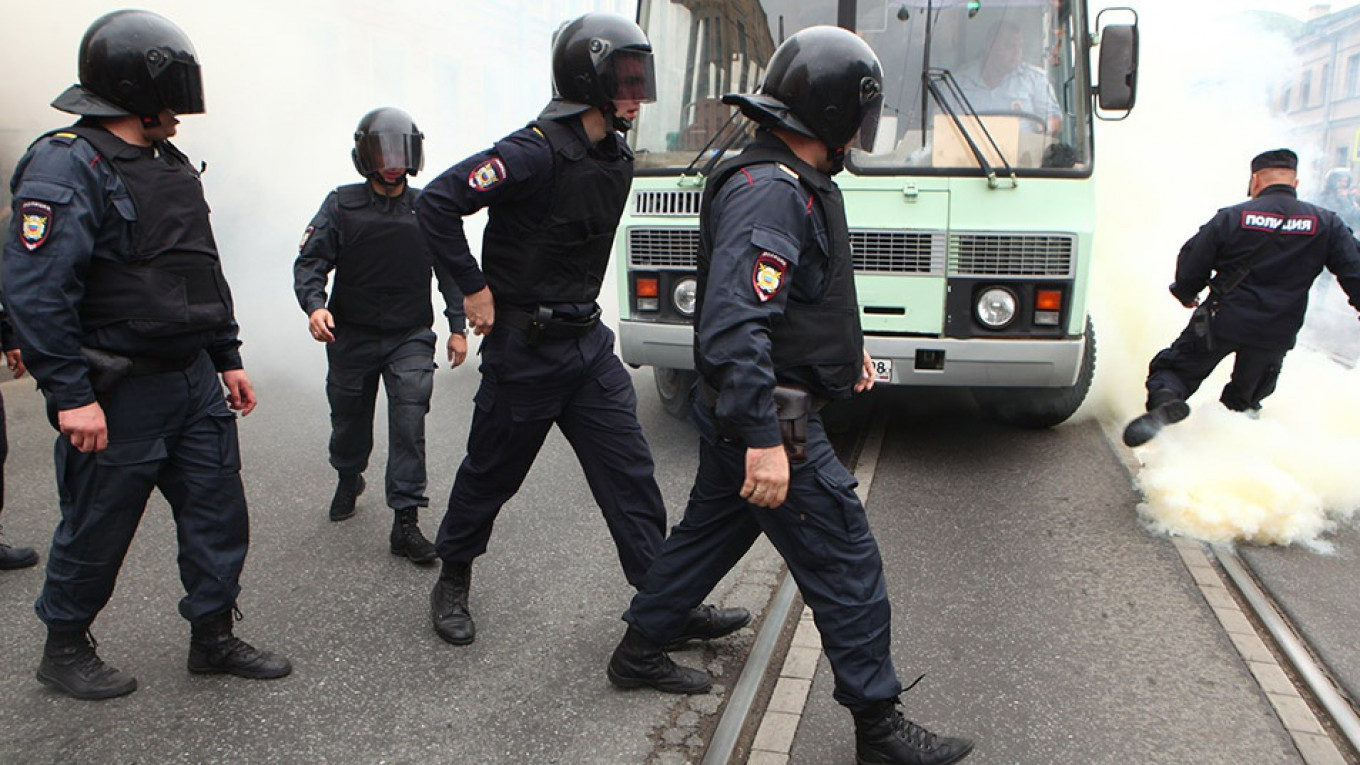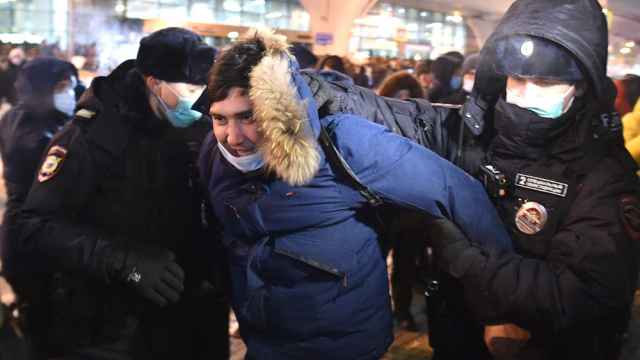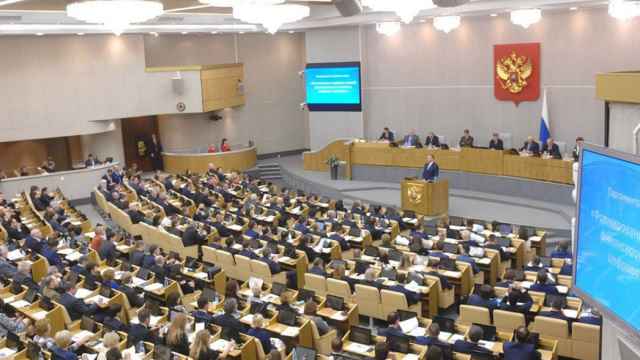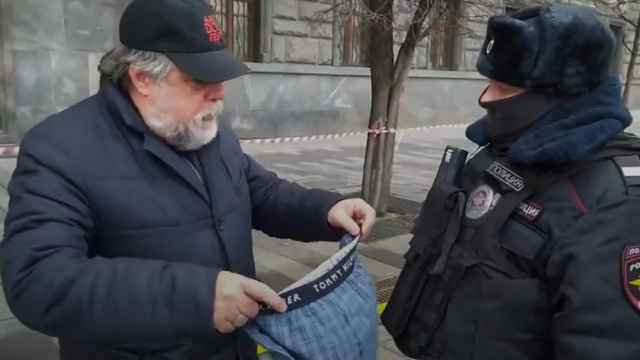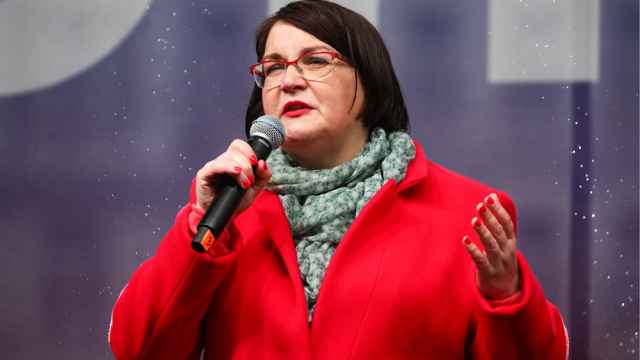Russia has seen hundreds more protests across the country this year compared to previous years, according to a report published by the Center for Economic and Political Reforms (CEPR).
In 2017, researchers from CEPR marked an uptick in protests compared to 2016, including Alexei Navalny’s anti-corruption rallies, Moscow residents’ pickets against a City Hall plan to demolish thousands of apartment blocks and truck drivers’ protests against a controversial road tax. Meanwhile, polls by the independent Levada Center this year recorded a growing willingness among Russians to take to the streets in defense of their interests as the Kremlin pushed through a controversial plan to increase the retirement eligibility age for men and women by 5 years.
With less than two months to go before the end of 2018, CEPR researchers said they have already recorded over 2,500 protests this year compared to under 1,500 nationwide last year, according to the report published Thursday.
The number of protests more than tripled in July-September 2018 when compared to the first half of the year, the study said.
Almost half of the protests took place against government plans to increase the retirement age, while the issues of rising gas prices and the increase in value-added tax were also prominent, it added.
“[Protests in 2017] split up into a multitude of unrelated issues, and only occasionally did a relatively large topic unite the different regions,” Nikolai Mironov, the head of CEPR, was cited as saying by the RBC news website in comments about the nature of the protests this year.
The study says Russia’s Communist Party organized more than a third of all protests this year, followed by 13 percent organized by Navalny.
St. Petersburg holds the mantle as the city with the most protests, followed by the Rostov, Krasnodar and Saratov regions. Moscow comes in at number nine, four spots below Moscow region.
Russia’s Muslim regions of Chechnya and Ingushetia in the North Caucasus were ranked among the least politically active despite recent unrest in Ingushetia over a land swap deal with Chechnya.
More than half of this year’s demonstrations were attended by fewer than 100 people, while a quarter attracted 100-500 participants.
According to the study, protest organizers faced difficulties ahead of and during rallies and frequently canceled events because they were unable to get them approved, while intimidation tactics hampered those demonstrations that were allowed to take place.
“The protesters’ demands are ignored, and one gets the impression that the authorities count on either suppressing protests or creating inconvenient conditions to keep them hemmed in and cause them to die out gradually,” the study’s authors note.
A Message from The Moscow Times:
Dear readers,
We are facing unprecedented challenges. Russia's Prosecutor General's Office has designated The Moscow Times as an "undesirable" organization, criminalizing our work and putting our staff at risk of prosecution. This follows our earlier unjust labeling as a "foreign agent."
These actions are direct attempts to silence independent journalism in Russia. The authorities claim our work "discredits the decisions of the Russian leadership." We see things differently: we strive to provide accurate, unbiased reporting on Russia.
We, the journalists of The Moscow Times, refuse to be silenced. But to continue our work, we need your help.
Your support, no matter how small, makes a world of difference. If you can, please support us monthly starting from just $2. It's quick to set up, and every contribution makes a significant impact.
By supporting The Moscow Times, you're defending open, independent journalism in the face of repression. Thank you for standing with us.
Remind me later.


